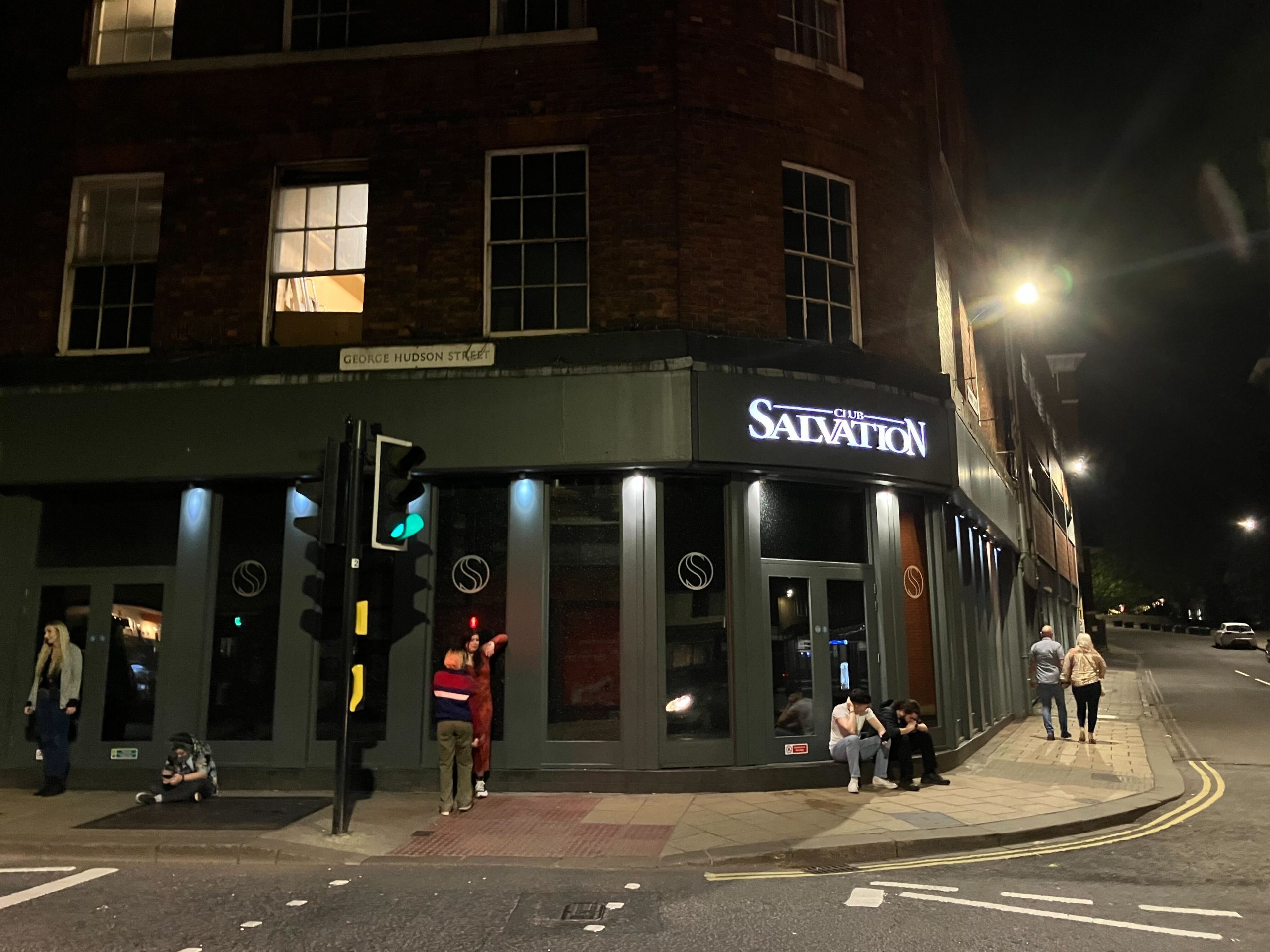Plans are currently being proposed by the owners of Club Salvation to close the upper floor of the club and convert it into accommodation for holiday goers.
Similar plans to convert the venue into flats and a restaurant had been put forward by the owners as a fallback scheme in 2018, but these were denied by the council a year later.
Salvation, along with many UK nightclubs, has been struggling to stay afloat after the effects of the COVID-19 lockdown and the current cost of living crisis.
On Salvos’ efforts to keep up profits, council planners stated: “The owners tried to respond to the decline with cheap drink nights to try and keep the customers and eventually turned to attract a student customer base. This has been quite successful, however the expected cheap drinks eat into profit margins. The club charges approximately half the price of drinks elsewhere.”
Another reason given for the financial struggles of the club is the limit to the number of nights that it can be open for business: “At present the club opens Wednesday, Friday and Saturday during term time, which equates to Wednesdays and Fridays for 26 weeks of the year and Saturdays for 50 weeks of the year, although out of term time the Saturdays are very much less busy and at Christmas they do not open at all.”
This news follows an announcement made earlier in the year by Kuda that they will be stopping their Tuesday student nights until September. Kuda’s venue has been a popular nightclub spot since the 80s, and Salvation is also a long-standing establishment, previously known as Nexus. So why are they both under so much financial pressure now?
York is a small city, and its clubs are mostly supported by its student population, a group largely affected by the cost of living crisis. However, this is not just a small city problem.
Data gathered by the Night Time Industries Association (NTIA) reveals that from December 2020 to December 2023, 31% of UK nightclubs shut down; that’s 396 nightclubs, 312 of these being independently run. Chains have also been affected, most notably the closure of 17 nightclubs by Rekom earlier this year, including 6 from the popular branch Pryzm.
The closure of nightclubs always cuts deep as club culture is a very important part of not only the student lifestyle, but of Britain as a whole. The diversity of the nightclub scene offers a space for expression and community, and it is currently at risk.
Whilst Salvos has thankfully found a way to keep the people of York dancing with the additional profit that will be made through the downsize, many beloved clubs have not been so lucky.
